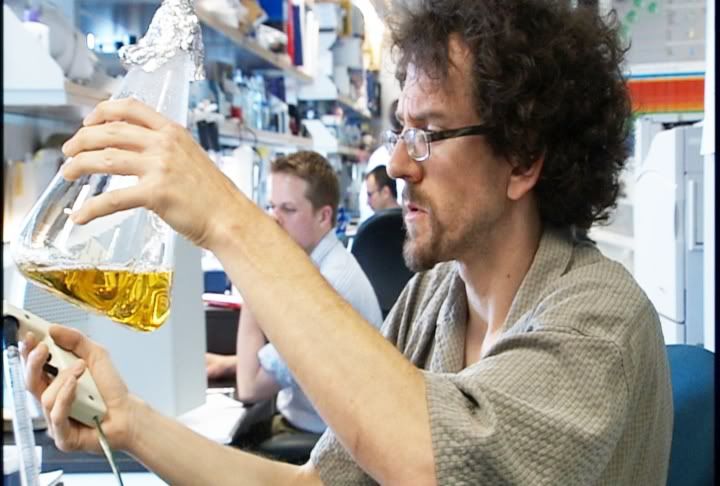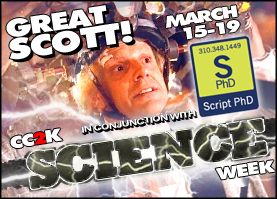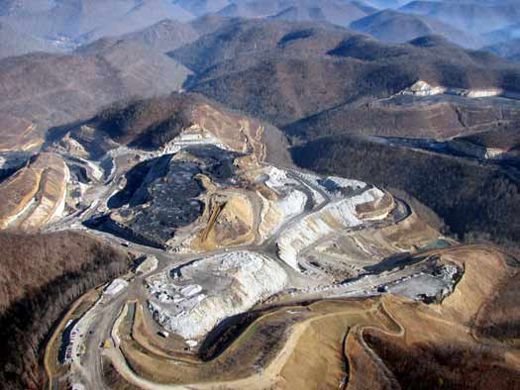
Happy Earth Week 2010, everyone! Here at ScriptPhD.com, we have devoted a number of articles to environment, sustainability and eco-awareness as part
of our continuing “It’s Not Easy Being Green” series. This year, in celebration of the 40th anniversary of Earth Day, we are devoting the entire week to articles, interviews and profiles of companies, individuals and content that raises awareness of sustainability efforts and new ideas for the green science revolution. Because water lies at the heart of most modern environmental crises, we kick off Earth Week with CaptainPlanet’s review of the stellar new DisneyNature documentary Oceans, a truly spectacular oeuvre that celebrates the majesty of our most important and delicate resource. We also include a number of practical, easy things you can do right now to make a difference globally by acting locally. For our Oceans review and to find out what you can do to help protect our Earth’s water supply, please click
the “continue reading” cut.
Continue reading Earth Week REVIEW: DisneyNature’s Oceans





